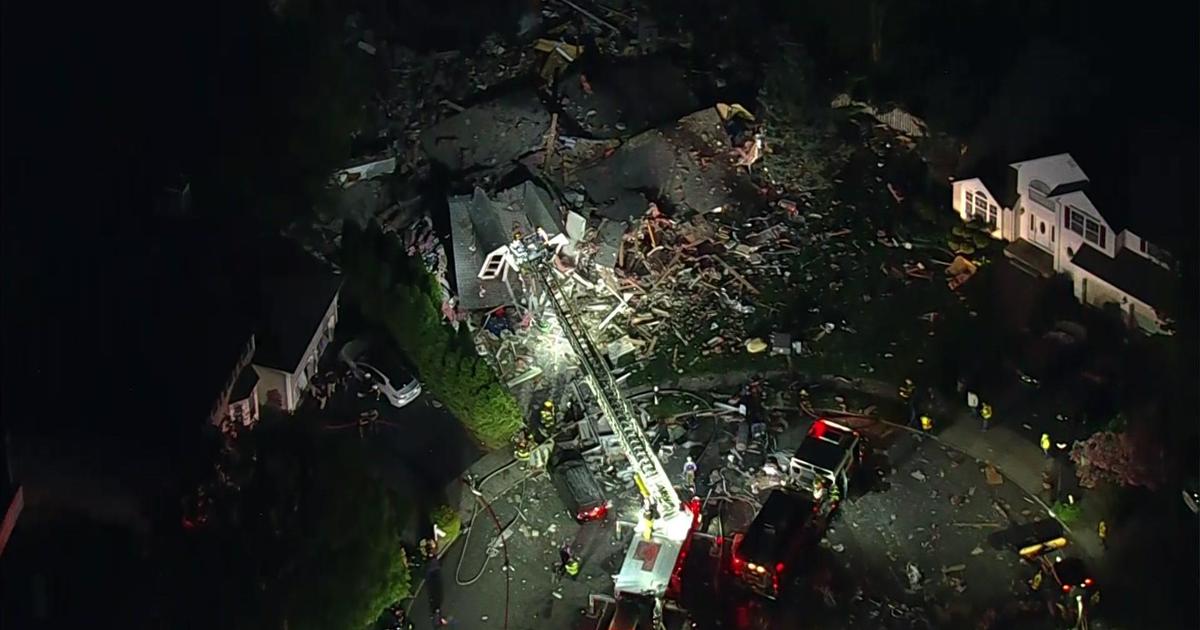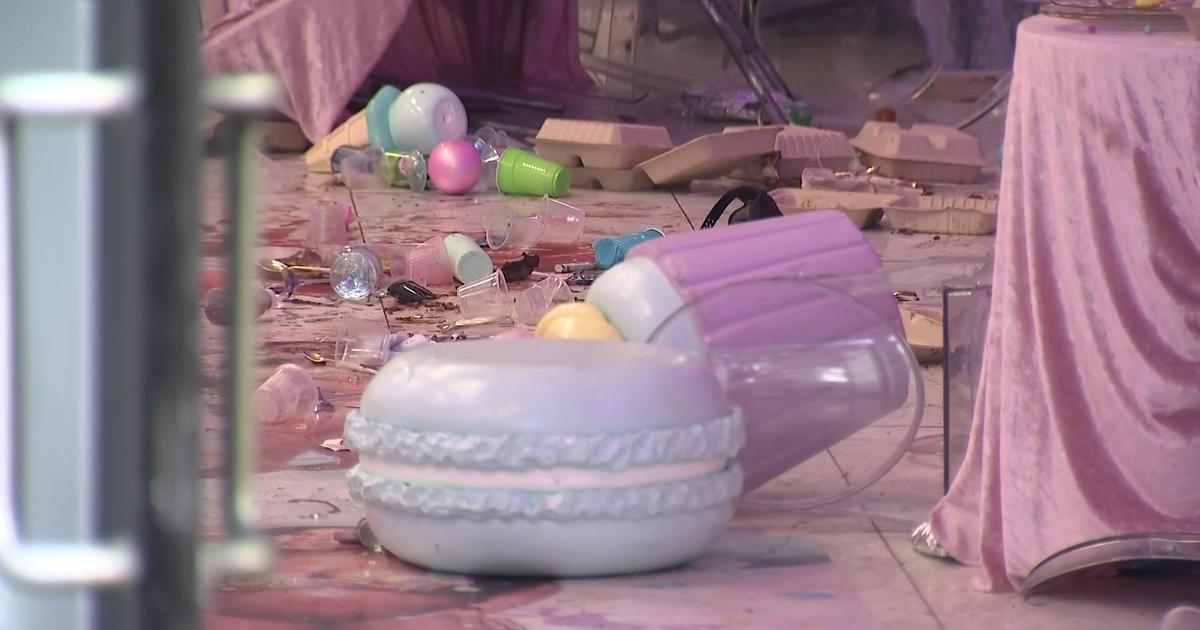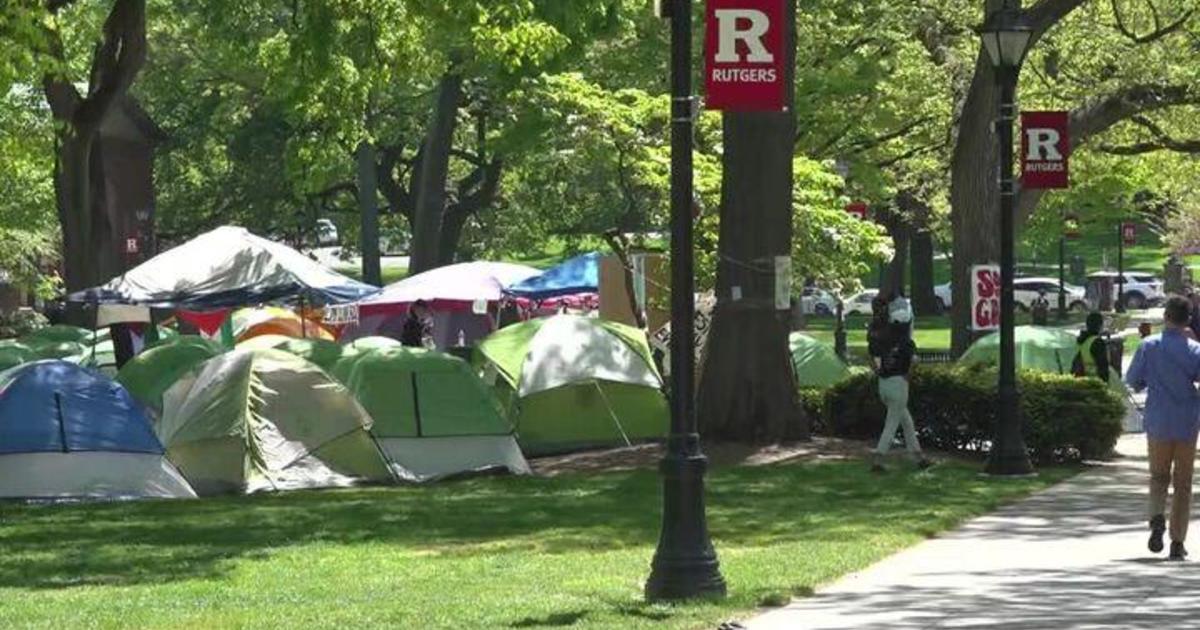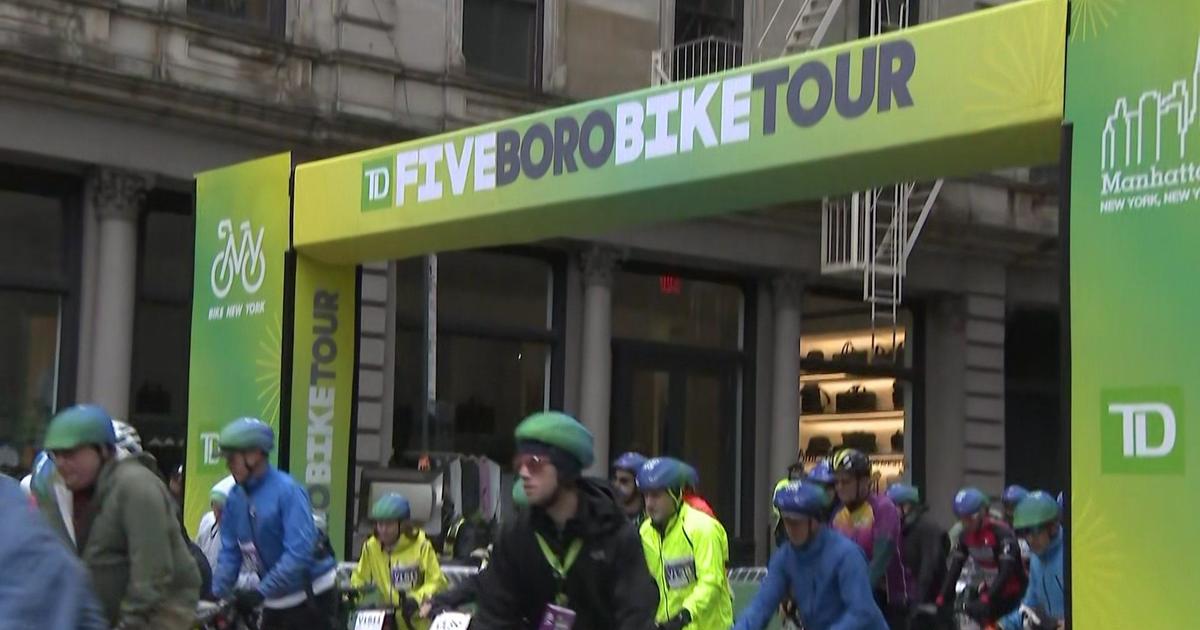Researchers experimenting with device in helmets measuring brain activity to combat concussions
NEW YORK -- As concerns mount over safety in youth and high school football, people across the country are searching for potential solutions.
Two ideas are being developed right here in the Tri-State Area. A local league has changed a rule of the game, and a team of researchers is trying to develop a way to detect concussions in real time.
READ MORE: Tri-State Area considering baseline concussion testing for youth sports
Now to the solutions that are changing the game when it comes to concussion protocol.
A recent gameday for the Riverdale Country School Falcons in the Bronx might have looked like any other high school football game.
But the teams called a bit of an audible -- they took away kickoffs.
That's right -- not just the Falcons, but the entire Metropolitan Independent Football League did away with what many fans consider one of the most exciting moments in the game.
Riverdale Athletic Director John Pizzi said the teams instead started their drives at 35-yard line, like a touchback.
"I think at first people were a little skeptical, but it's second nature now," Pizzi said.
Pizzi said the idea started a few years ago, when Riverdale was saddled by injuries, including several concussions.
"Typically, special teams is where a lot of our injuries would happen," Pizzi said.
A study from 2015 found that kickoffs during Ivy League games accounted for just 6% of all plays, yet 21% of concussions happened.
As Riverdale grappled with that same issue, it teamed with a nonprofit called the Concussion Legacy Foundation to brainstorm solutions. They settled on a league-wide no-kickoff rule, and a limit on live contact during regular season practice -- no more than 15 minutes per day.
The league says the average number of concussions dropped from 2.4 per team in 2019 to 1.6 in 2021, the debut of the new rules.
"I think we've taken some major steps as a league, and as a school, to provide a really safe environment for our students," Pizzi said.
But it's tough to know the exact number, as some research shows about half of all concussions go unreported or undetected.
That's why professors with Columbia University are working to develop a device that can help detect brain injuries in real time.
"What we really want to accomplish is the ability to keep brains safe," Dr. James Noble said.
Noble says a device, when installed in a helmet, creates something called an electroencephalogram. In layman's terms, it's a tool that show doctors what's happening inside your brain.
As soon as CBS2's Tim McNicholas put the helmet on his brain activity started transmitting to a tablet, where even a slight bump shows up clear as day.
The tool is still in development, but the team has high hopes.
"So somebody on the sideline is able to make a call and get them pulled out and get them the treatment that they need," Dr. Barclay Morrison said.
The researchers have formed a company called NoMo Diagnostics. They eventually hope to partner with helmet manufacturers.
Right now, they expect the cost to be about $400 for each device, which does not include the cost of the helmet it would be installed in. It's a figure NoMo Diagnostics hopes to eventually lower, as many teams are already paying more than $400 for a helmet, and more than $900 to fully equip a player.
"As we make more of them, we're certainly gonna be able to bring the price point down significantly," said Harald Steltzer, co-founder, president and CEO of NoMo Diagnostics.
If they reach their goal line, it could be yet another tool to consider for schools concerned about safety.
The Metropolitan Independent Football League says its no-kickoff rule will be back next season.




